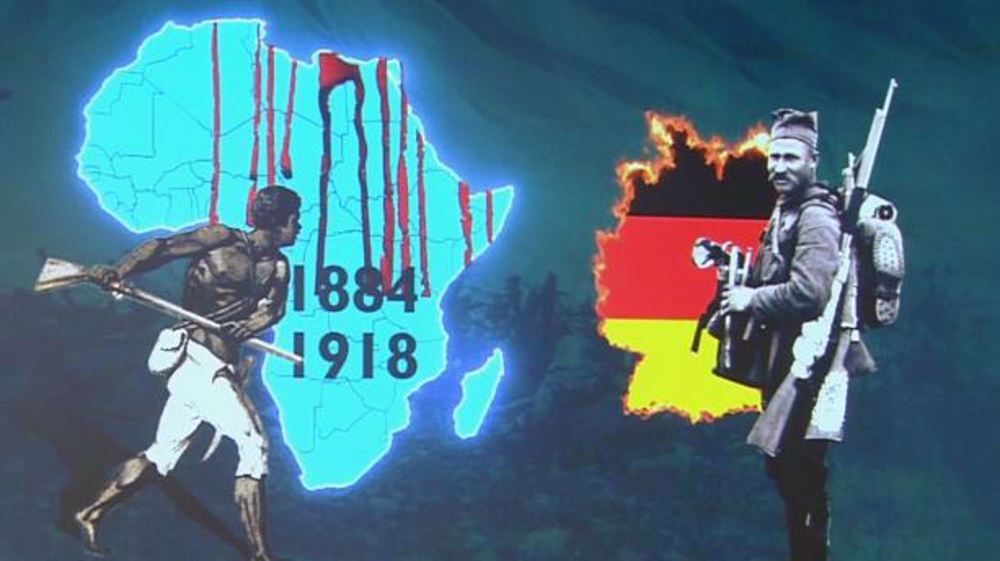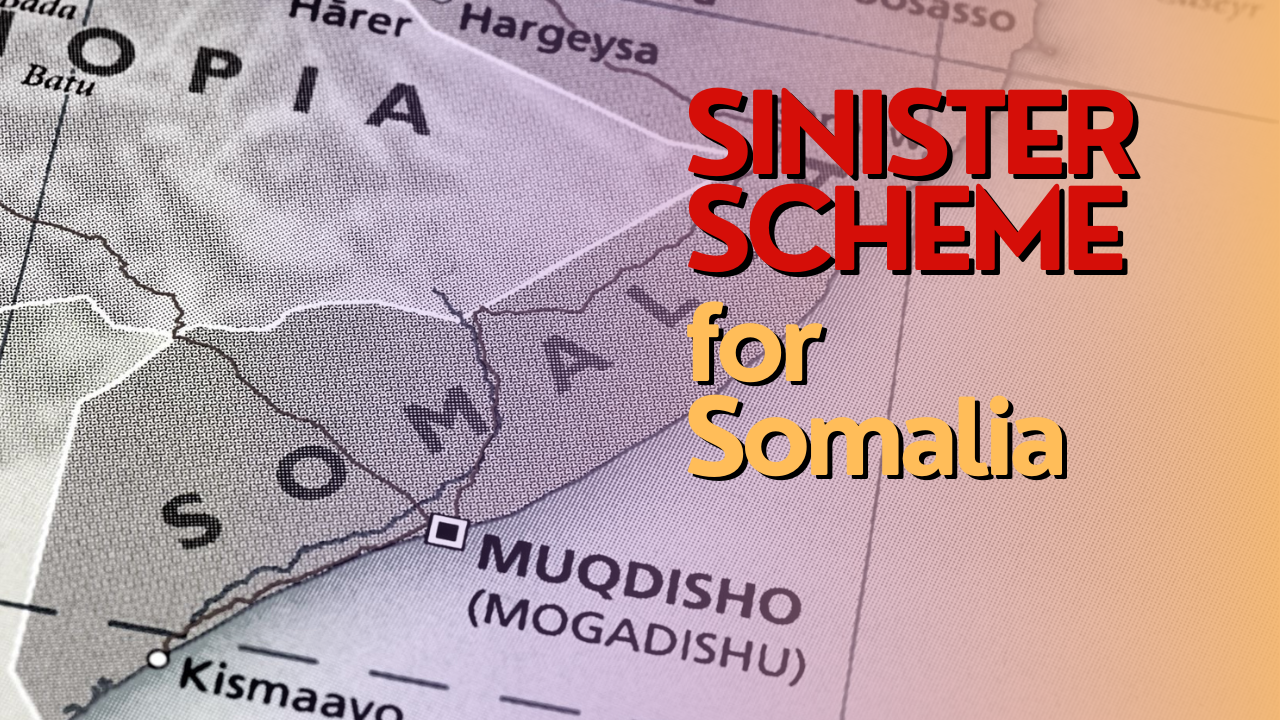Libyan parliament votes against UN-backed government
Libya stands on the verge of yet more upheaval. The NATO-backed toppling of former dictator Muammar Gaddafi created a power vacuum in the country.
Now, there is more uncertainty on the Libyan horizon, with the UN-backed government facing a major blow as lawmakers in the internationally-recognized parliament reject the cabinet. Despite calls from the West to hammer out a deal, Fayez Sarraj who was appointed to head the unity government has not managed to secure a vote of confidence from opponents. What next for Libya?
After months of wrangling, the two sides reached a peace deal and an agreement on setting up the unity government last year. On the one side, the internationally-recognized government based in Tobruk in the east; and on the other, a militant-backed authority in the capital, Tripoli. Since then, consensus has been hard to come by. Parliamentarians from both sides have been unable to agree on the best path going forward.
VIDEO | Press TV's news headlines
VIDEO | US-Israeli genocide: Will Gazans see ceasefire deal achieved?
VIDEO | Grief strikes Parachinar: 44 lives lost in terror attack
VIDEO | Yemen’s armed forces target Israeli airbase amid nationwide pro-Palestinian rallies
Putin vows more test of new hypersonic missile
VIDEO | Jordanians continue rallies to denounce Israeli genocide in Gaza, Lebanon
6 Israeli soldiers commit suicide: Reports
Diplomat discourages recourse to pressure, intimidation, confrontation against Iran









 This makes it easy to access the Press TV website
This makes it easy to access the Press TV website